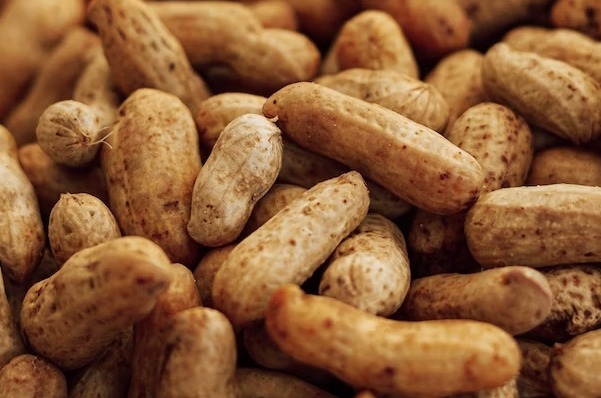
In W41 in the peanut landscape, the United States Department of Agriculture's (USDA) Oct-23 report provided insights into various crop productions in the United States (US). Peanut production is forecasted at 6.25 billion pounds (lbs) in 2023, a decrease of 1% from the previous forecast but up 13% from the 2022 production. The total harvested area will reach 1.60 million acres and have a predicted average yield of 3.9 thousand lbs per acre.
Peanut farmers in North Carolina, US, face growing challenges in weed management due to the limited availability of new herbicide options and increased concerns about pesticide residues affecting peanut exports to the European Union (EU). North Carolina State University’s Extension Peanut Specialists reported the need for proactive weed management, particularly targeting troublemaker weeds like Palmer amaranth and common ragweed. Herbicide-resistant strains of these weeds have become more problematic, and new herbicide products are unlikely to be introduced soon.
Furthermore, the 47th annual Georgia Peanut Bank Week, held from October 16 to 20, is a collaborative effort by the Georgia Peanut Commission and Georgia Bankers Association to honor the state's 4 thousand peanut farm families and celebrate the role of peanuts in Georgia's economy. The 2023 theme, "Counting on Georgia Peanuts," emphasized the affordability and health benefits, with research indicating their potential to reduce the risk of various diseases. In 2022, Georgia planted more than 680 thousand acres of peanuts, accounting for 52% of peanut production in the US. Peanuts were planted in 77 of 159 counties with an average yield of more than 4.25 thousand lb per acre.
The US Agency for International Development (USAID) has granted USD 2.5 million to the Feed the Future Innovation Lab for Peanut at the University of Georgia. This funding will support a collaborative project with the Global Collaboration on Sorghum and Millet at Kansas State University to develop a resilient crop rotation system involving peanuts, sorghum, and millet in Madagascar. The initiative aims to improve soil conditions, enhance agricultural productivity, ensure food security, and protect the natural environment in Madagascar, which is particularly vulnerable to climate change and food security challenges. The collaboration leverages the expertise developed through the Peanut Innovation Lab and will engage farmers in developing sustainable agro-ecological production. The project also focuses on creating crop varieties resistant to field problems and promoting sustainable farming practices in Madagascar. The project aims to support small-scale farmers and contribute to improving the local food system.
The deficit monsoon in Andhra Pradesh, India, is forecasted to impact the production of peanut, cotton, and chili during the Kharif season. Only 40% of the peanut crop was sown by October 11, with many farmers giving up hope due to the lack of rainfall. The drop in peanut cultivation is significant, with a similar trend seen in cotton and chili production. Farmers are struggling, and officials are encouraging them to consider alternative crops, but the losses may not qualify for input subsidies. The situation is concerning as the region faces reduced yields and challenges for the agricultural sector.
Lastly, farmers in Nigeria's Borno state face adverse effects of climate change, including high temperatures and unpredictable rainfall patterns, leading to poor peanut crop yields. Climate change has exacerbated living conditions in the region, contributing to insecurity and environmental degradation. The Boko Haram insurgency and the shrinking of Lake Chad, coupled with climate change-related events like floods and droughts, have created challenges for local farmers. Climate change impacts crop harvests, causing concerns about food shortages and increased food costs in the region.



